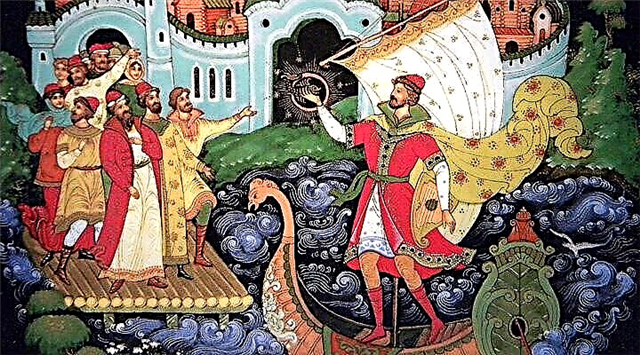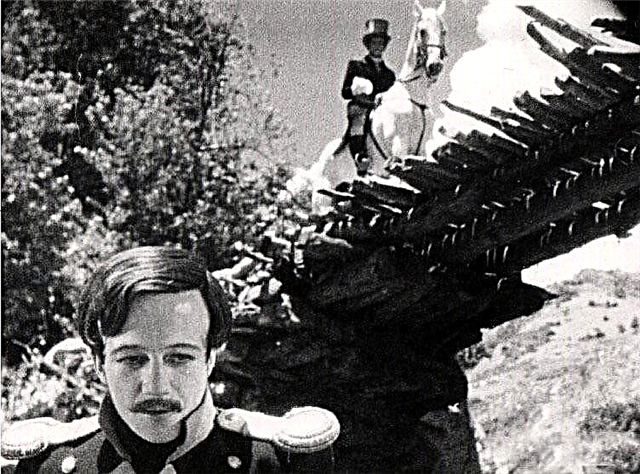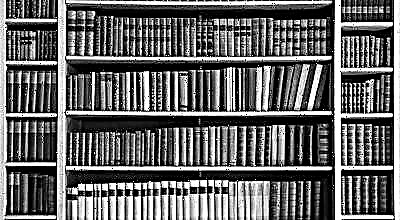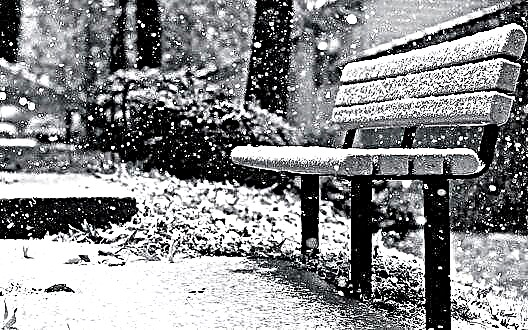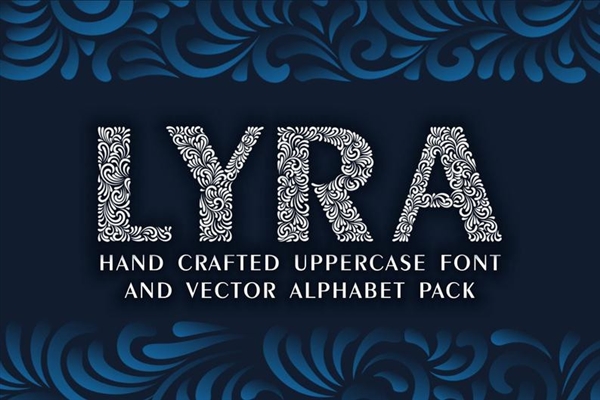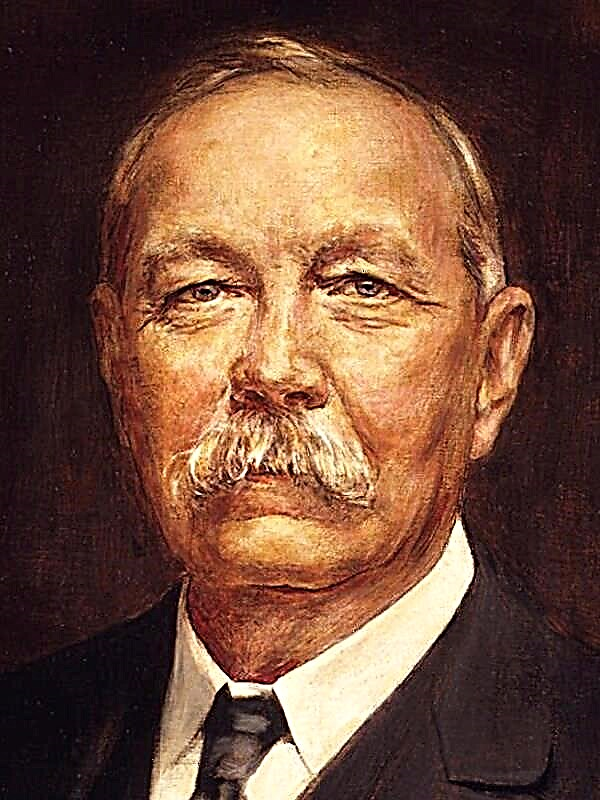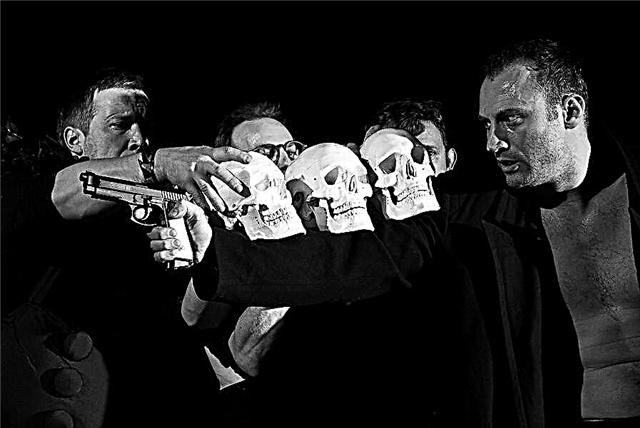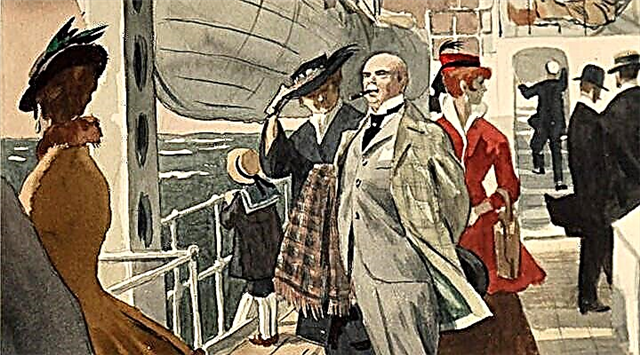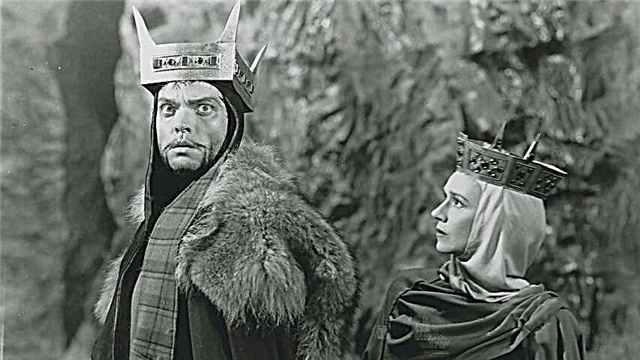(305 words) In the novel by M. Yu. Lermontov “Hero of Our Time”, the duel between Pechorin and Grushnitsky occupies a very important place. The author not only showed the character of his protagonist, but also outlined the conflict between double images. It was no coincidence that the writer set both of these goals for himself: in this way he gave the action dynamism and drama, and content - depth and psychology.
In the clash of Pechorin and Grushnitsky reveals the contradictory nature of the hero. Gregory to the last does not exclude the possibility that he will forgive and have mercy on the junker, but only if he admits his deception. Seeing the stubbornness of a young man, he decides to shoot. Later, he does not even feel a reproach of conscience after the murder, although even the cynic Werner turns away from him. This scene exposes both the keen sense of justice of the hero, and his abnormal indifferent immorality. Pechorin is both a fighter for truth, ready to forgive a repentant sinner, and an immoral killer who does not even bother with spilled blood. Seeing this paradox of the image, the reader understands why a successful, handsome and intelligent nobleman became an "extra man."
In addition, the writer with a duel showed the collision of two doubles. One of them is a poseur, who brazenly uses a mask of longing and cynicism to give himself weight in society. The other is a real “suffering egoist” who really misses and finds no place in a banal and predictable environment. But at the same time, Pechorin subconsciously fights against Grushnitsky’s competition, he does not want people to equalize and perceive them the same way. He despises society, but cherishes his opinion about his person. His motive once again reveals a paradox of character, but this is only the reader’s hunch. Gregory himself would never have recognized his dependence on the opinions of the world. Let him hate, fear, criticize, but do not fool him, taking his estrangement for a fashionable pose. That is why the hero survives the cadet from his entourage and is willingly reconciled with the need to destroy him.
Thus, the significance of the goals of the duel between Pechorin and Grushnitsky is to show the reader all the facets of the contradictory nature of the “suffering egoist” and compare it with a less successful copy.

